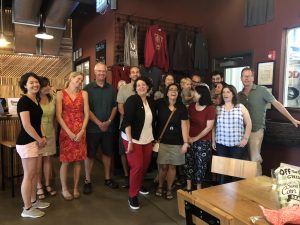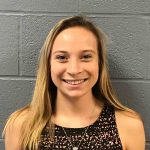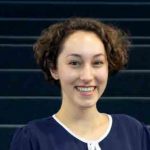Greene, M.R. & Hansen, B.C. (2018). Shared spatiotemporal category representations in biological and artificial deep neural networks. PLoS Computational Biology.
Link: https://journals.plos.org/ploscompbiol/article? id=10.1371/journal.pcbi.1006327
Cooley, E., Brown-Iannuzzi, J. L., Agboh, D. Enjaian, B., Geyer, R., Lue, N. & Wu, S. (2017). The fluid perception of racial identity: The role of friendship groups. Social Psychological and Personality Science.
Link: http://journals.sagepub.com/doi/abs/10.1177/1948550617703171
Martinez, J. A., Johnson, D. N., & Jones, J. A. (2018) Beyond punishment: the impacts of medical amnesty in a U.S. Residential college context. Drugs: Education, Prevention and Policy, 25:3, 248-253.
Link: https://doi.org/10.1080/09687637.2016.1272099






